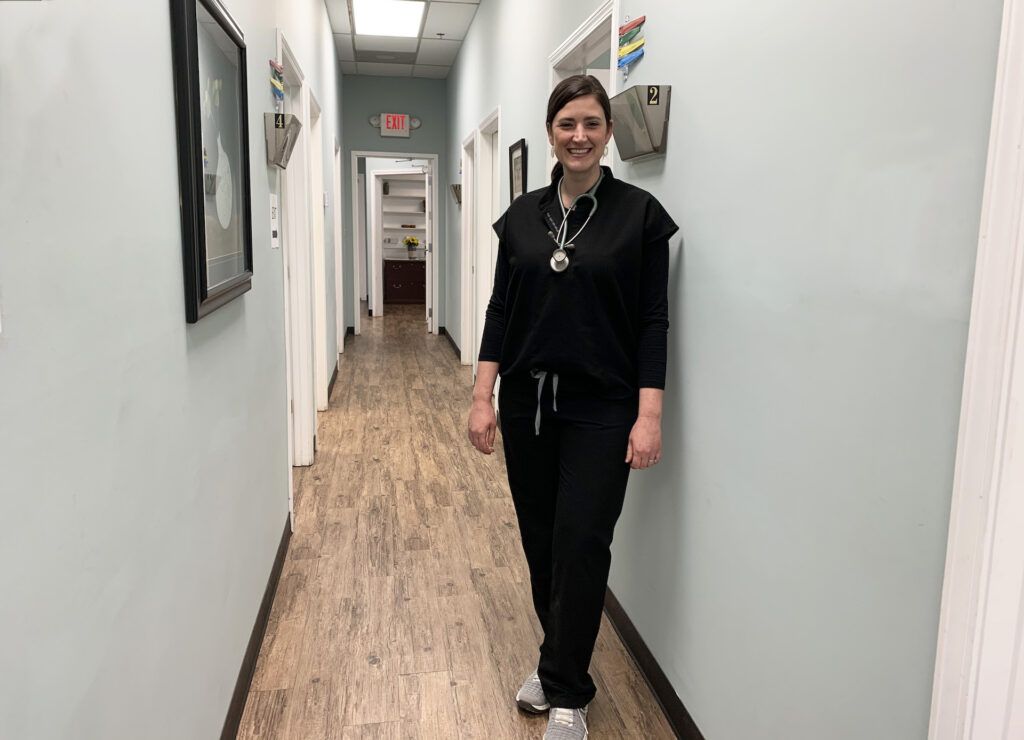Nurse practitioners can help expand health care access for all Mississippians

You don’t need to spend too much time digging to find stories about lack of health care access for many in Mississippi. In fact, that probably isn’t necessary because you might have a story from a loved one, if not yourself. Especially if you live in a rural area.
What do the numbers tell us?
The National Institute of Health predicts that Mississippi will need an additional 3,709 doctors by 2030, a substantial increase from our current pool of 5,714 active physicians.
The math to hit this mark with new physicians becomes quite difficult when you realize that a full third of active physicians today are 60 or older, and likely to retire soon. But the number of physicians is not the only issue. Location matters. More than half of all active Mississippi physicians are clumped in four metropolitan areas, leaving vast swaths of rural population without access.
For a number of years, lawmakers have considered legislation that would allow experienced nurse practitioners to work without a costly collaborative agreement that require physician audits of as little as 10 percent of their charts, often weeks after treatment of a patient.
Previous reforms might have expanded the territory from which your collaborating doctor could live from a nurse practitioners’ clinic, but the government-imposed barrier remained.
“If I were to open my own clinic, I immediately have to pay $18,000 per year for a collaborative agreement with a practicing physician. That comes out to about $1,500 a month which is like a mortgage or rent payment before I ever even get to paying for a building,” Sarah Catherine Morrow, a nurse practitioner in Oxford, told us. “I’d open my own clinic tomorrow if I could, but I just can’t justify the overhead. It’s a huge barrier to entry.”
Here is what we know.
Providing full practice authority will make a significant difference in addressing discrepancies. The U.S. Department of Health and Human Services estimates that states could reduce their physician shortages by two-thirds by easing restrictions that keep nurses from independently treating patients.
Researchers at the University of Rochester found the number of nurse practitioners serving areas suffering from primary care shortages increased 30 percent in states providing full practice authority. And after Arizona enacted reforms to grant nurse practitioners full practice authority, the number of nurses serving rural communities increased by 73 percent.
Twenty-four other states, plus the District of Columbia, have expanded full practice authority to nurse practitioners. Two new states were added to that list last year.
You can help provide full practice authority for nurse practitioners. Please sign the petition below.